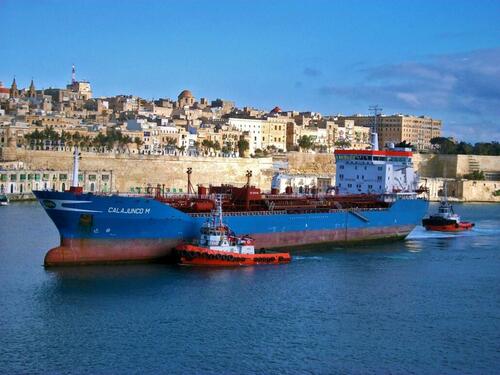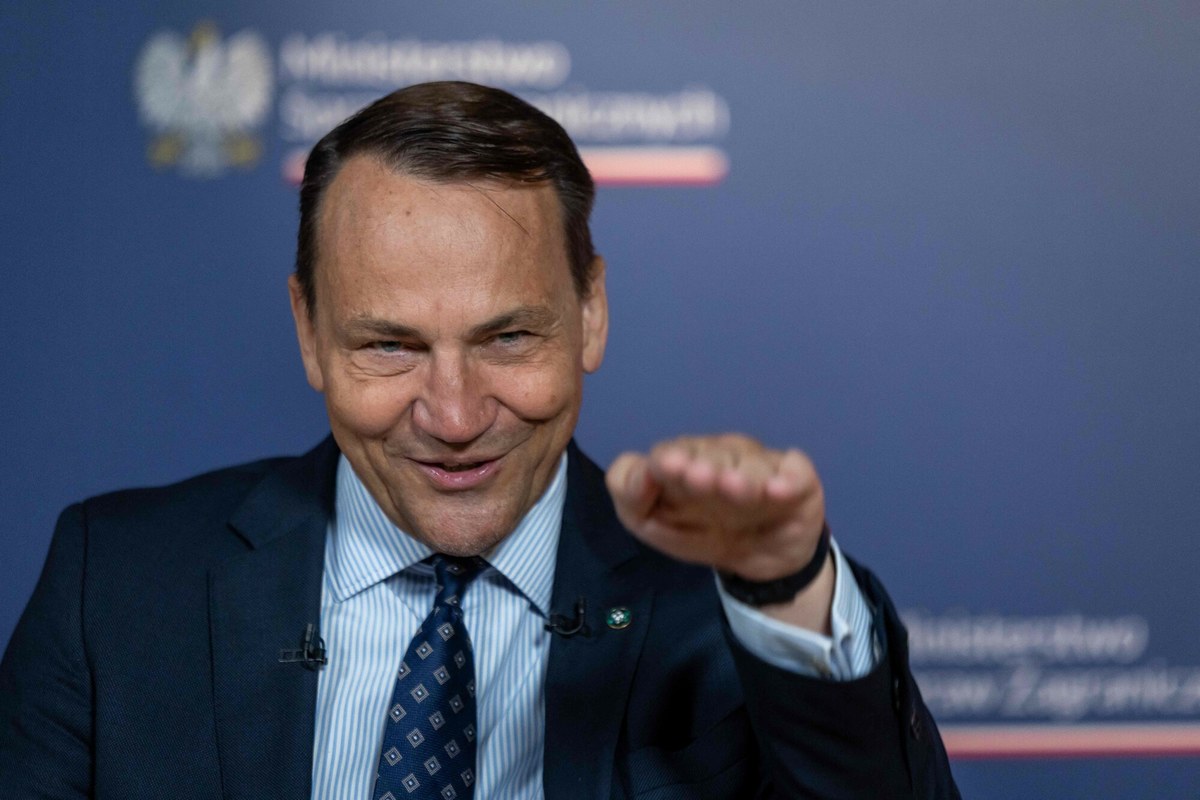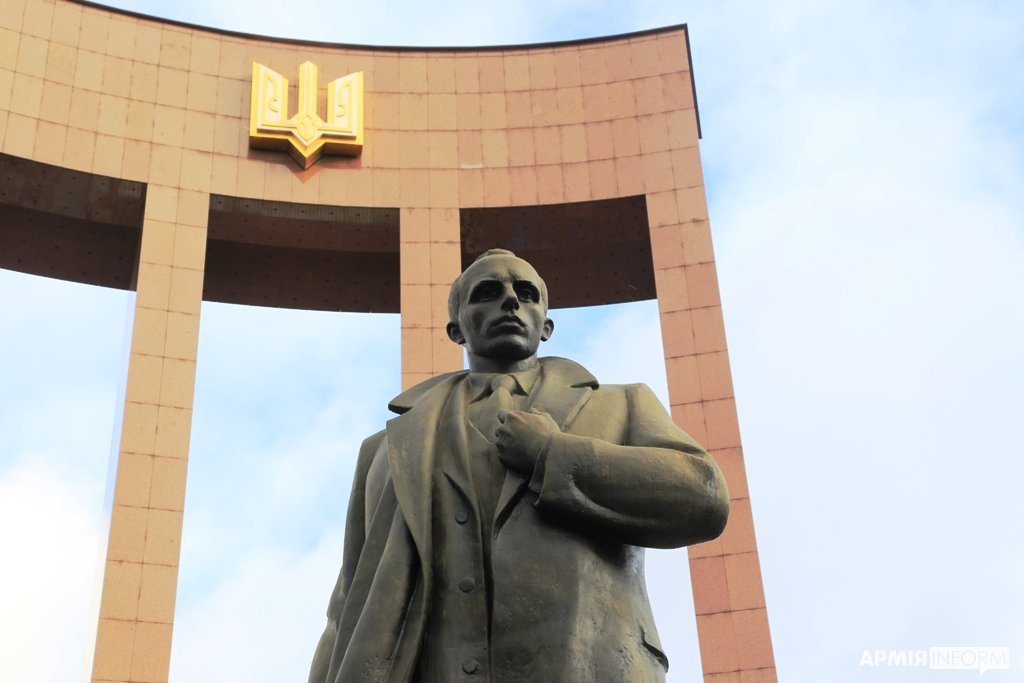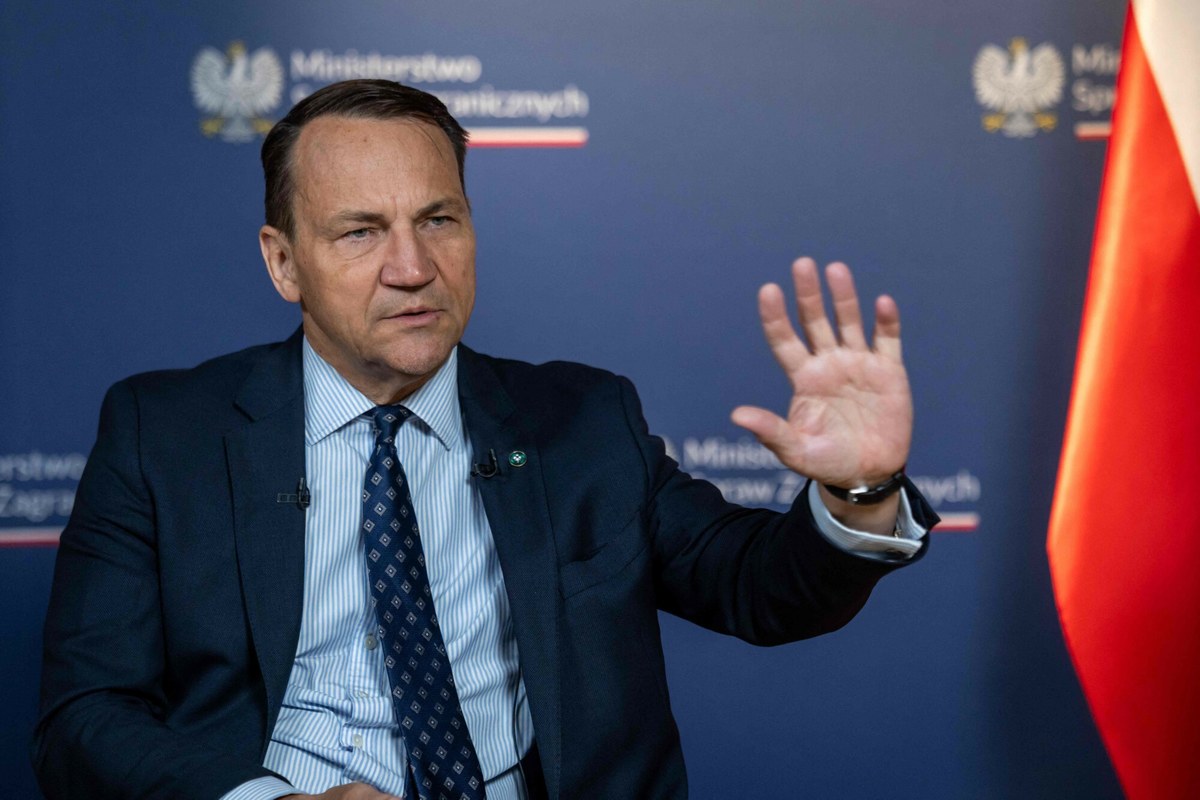
The Unlikely, Tiny EU State Holding Up Europe’s 18th Package Of Russia Sanctions
The West has come to expect this from Hungary or even Slovakia, but tiny Malta as a key holdout preventing European action against Russia?
European Union (EU) ambassadors have not yet reached an agreement on the bloc’s 18th sanctions package against Moscow, largely due to Malta’s stance on maintaining the current price cap on Russian oil, according to a senior EU official cited in several European reports.
Earlier reports indicated that Greece, Cyprus, and Malta had initially resisted lowering the cap from $60 to $45 per barrel.
While Greece and Cyprus did not oppose revisiting the oil price ceiling in a Sunday meeting, Malta remained firm in its position, arguing that its shipping industry, a vitally important sector to its national economy, would be deeply and negatively impacted by any changes.
 Source: Tug Malta
Source: Tug MaltaAs of now, Malta is the only country still holding out, with its permanent representative to the EU saying in a statement:
„We were unable to express political support during yesterday’s Committee of Permanent Representatives. However, discussions are ongoing, and Malta is constructively engaged with this goal in mind.”
Russia’s RT has also picked up on Malta’s holdout position, noting that „Malta’s specific concerns have not been detailed, but a large number of ships fly the flag of the island nation.”
It continues, „Its maritime insurance sector has previously expressed unease over measures that could drive shipowners to reflag outside the EU, causing economic harm to the bloc’s shipping registries and related industries.”
The new sanctions package, which was first set before EU members in June, also impacts Russian gas, as it proposes a ban on the future use of the Nord Stream pipeline.
* * *
One European source provides the following overview of the stalled 18th anti-Moscow sanctions proposal by the EU:
Energy sector:
- Ban on all transactions related to Nord Stream 1 and 2: no EU operator will be able to conduct deals through these pipelines.
- Price cap on oil products lowered from $60 to $45 per barrel to make it harder for Russia to generate revenue.
- Expansion of the “shadow fleet”: 77 more tankers that transported oil outside the law have been added to the sanctions list.
- Ban on importing oil products made from Russian oil to prevent sanctions evasion through third countries.
Financial sector:
- Transformation of SWIFT restrictions into a full ban on transactions: this applies to 22 Russian banks and third-country operators that help circumvent sanctions.
- Imposition of sanctions on the Russian Direct Investment Fund (RDIF) along with its subsidiaries.
* * *
Malta has long been accused of emerging as a new hotspot for Russia-linked ship-to-ship oil transfers amid the Ukraine war and resulting US-EU led sanctions…
The crude oil tanker SEAPRINCESS (IMO 9373668), sailing under Maltese flag, has recently been operating from Russian ports. Given the ongoing use of „shadow fleet” tactics to bypass sanctions, this vessel should be monitored closely. It may be at risk of damage. pic.twitter.com/vtwk9kv4V9
— RFN.OS.Blog (@RFNOSBlog) July 8, 2025
Meanwhile, Malta’s veto translates to EU leaders probably being forced to move forward with approving the package against Russia without including a revised oil price cap, while negotiations continue over energy supply assurances for Slovakia and Hungary.
Tyler Durden
Tue, 07/15/2025 – 02:45









